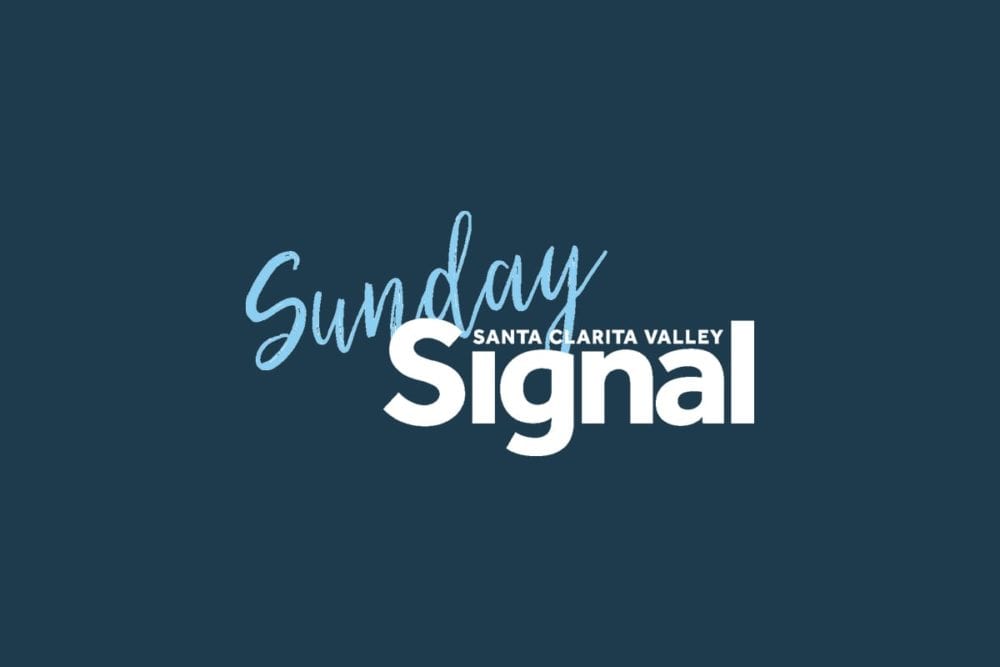Here’s a roundup of new and recent laws affecting employers and employees in California.
For more information about the legislation, visit leginfo.legislature.ca.gov.
SB 3 Minimum wage
While not a new law, SB 3 will have a new impact on 2019. This law mandates from Jan. 1, 2019, the minimum wage for businesses with 25 or fewer employees. The minimum wage rises to $12 per hour for businesses with 25 or more employees.
SB 224 Personal rights — civil liability and enforcement
This bill would include within the elements in a cause of action for sexual harassment when the plaintiff proves, among other things, that the defendant holds himself or herself out as being able to help the plaintiff establish a business, service or professional relationship with the defendant or a third party.
SB 820 Confidentiality agreements
This bill would prohibit a provision in a settlement agreement that prevents the disclosure of factual information relating to certain claims of sexual assault, sexual harassment, or harassment or discrimination based on sex, that are filed in a civil or administrative action. The bill would make a provision in a settlement agreement that prevents the disclosure of factual information related to the claim, as described in the bill, entered into on or after January 1, 2019, void as a matter of law and against public policy.
SB 1123 Disability compensation, paid family leave
This bill would, on and after Jan. 1, 2021, expand the scope of the family temporary disability insurance program to include time off to participate in a qualifying exigency related to the covered active duty, as defined, or call to covered active duty of the individual’s spouse, domestic partner, child or parent in the armed forces of the United States, as specified.
SB 1300 Unlawful employment practices — discrimination and harassment
This bill would specify that an employer may be responsible for the acts of nonemployees with respect to other harassment activity. The bill, with certain exceptions, would prohibit an employer, in exchange for a raise or bonus, or as a condition of employment of continued employment, from requiring the execution of a release of a claim or right under FEHA or from requiring an employee to sign a nondisparagement agreement or other document that purports to deny the employee the right to disclose information about unlawful acts in the workplace, including, but not limited to, sexual harassment. The bill would provide that an agreement or document in violation of either of those prohibitions is contrary to public policy and unenforceable.
SB 1343 Employers’ requirement for sexual harassment training
This bill would instead require an employer who employs five or more employees, including temporary or seasonal employees, to provide at least two hours of sexual harassment training to all supervisory employees and at least one hour of sexual harassment training to all nonsupervisory employees by January 1, 2020, and once every two years thereafter, as specified
AB 1976 Employment — lactation accommodation
This bill would instead require an employer to make reasonable efforts to provide an employee with use of a room or other location, other than a bathroom, for breast-feeding. The bill would deem an employer to be in compliance with the requirement of providing a lactation location if the employer makes available a temporary lactation location that meets specified conditions.
AB 2282 Salary history information
Existing law prohibits an employer from relying on the salary history information of an applicant for employment as a factor in determining whether to offer an applicant employment or what salary to offer an applicant, except in specified circumstances. Existing law requires an employer, upon reasonable request, to provide the pay scale for a position to an applicant applying for employment.
This bill would define “pay scale,” “reasonable request,” and “applicant” for purposes of these provisions. The bill would specify that these provisions do not prohibit an employer from asking about an applicant for employment’s salary expectation for the position being applied for.
AB 2610 Employees — meal periods
This bill would authorize a commercial driver employed by a motor carrier transporting nutrients and byproducts from a licensed commercial feed manufacturer to a customer located in a remote rural location to commence a meal period after six hours of work, if the regular rate of pay of the driver is no less than one and one-half times the state minimum wage and the driver receives overtime compensation in accordance with specific provisions of existing law.











